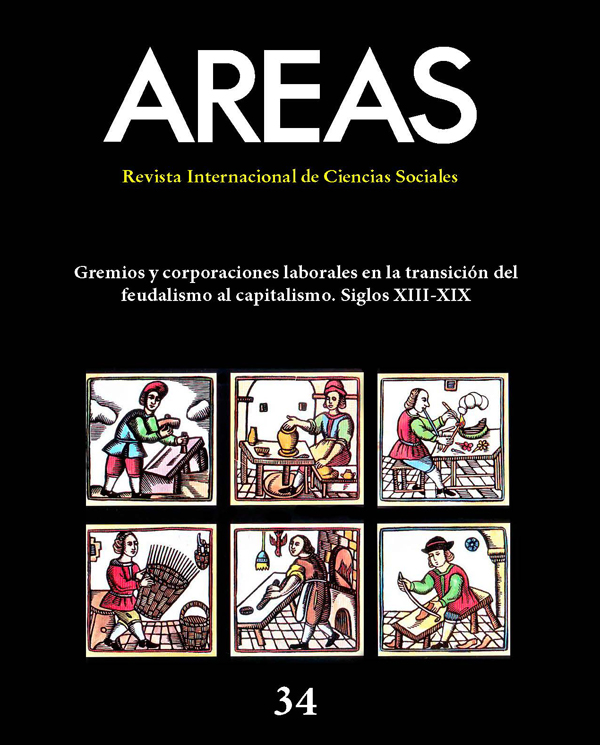EFFICIENCY, WHAT KIND OF EFFICIENCY? CRAFT-GUILDS AND URBAN DEVELOPMENT IN BARCELONA, 1814-1855
Supporting Agencies
- Proyecto HAR2014-57187-P “Crisis y reconstrucción de los mercados de trabajo en Cataluña (1760-1960). Ocupaciones
- culturas del trabajo y estrategias adaptativas.
Abstract
In the eve of craft-guilds prohibition, in 1836, Barcelona corporations were expanding. Modern and traditional industries were developing and the city grew constantly. New and traditional manufactures lived together in the urban space and artisans kept their traditional ways of production where the group interests, expressed by guilds, prevailed over the individual ones. Adaptative strategies carried out by artisans were characterized by rationality but did not fit in the narrow definition of efficiency applied by modern economic studies. Therefore, the current paper discusses the supposed inefficiency of guilds patterns. It analyzes artisan practices like the opening up and the reproduction of trades. The paper aims at broadening the concept of efficiency beyond the workshop in order to highlight the active and relevant role of the guilded artisans in the general growth of the city.Downloads
Download data is not yet available.
Metrics
Views/Downloads
-
Abstract1655
-
PDF (Español (España))1429
28-12-2015
Romero-Marín, J. (2015). EFFICIENCY, WHAT KIND OF EFFICIENCY? CRAFT-GUILDS AND URBAN DEVELOPMENT IN BARCELONA, 1814-1855. Areas. International Social Science Journal, (34), 93–103. Retrieved from https://revistas.um.es/areas/article/view/247211
Artículos
The published works by this Journal are subject to the following terms:
1. The Publication Service of the University of Murcia (the Editor) owns the copyright of its publications. It promotes and allows its use under the indicated licence in Section 2.
© Servicio de Publicaciones, Universidad de Murcia, 2011
2. Papers are digitally published under the licence Creative Commons Reconocimiento-NoComercial-SinObraDerivada 3.0 España (legal text). They can be copied, used, disseminated, transferred and publically presented if: i) the author is quoted, as well as the original source of publication (Journal, editorial and URL); ii) they are not used for commercial purposes; iii) the licence of use is mentioned.
3. Auto-file Conditions. It is allowed and authors are encouraged to digitally disseminate their pre-print versions (versions prior to review) and/or post-print (reviewed version accepted for its publication) since it promotes its early diffusion and the corresponding increase of quotes and scope within the academic community. RoMEO Colour: green.


